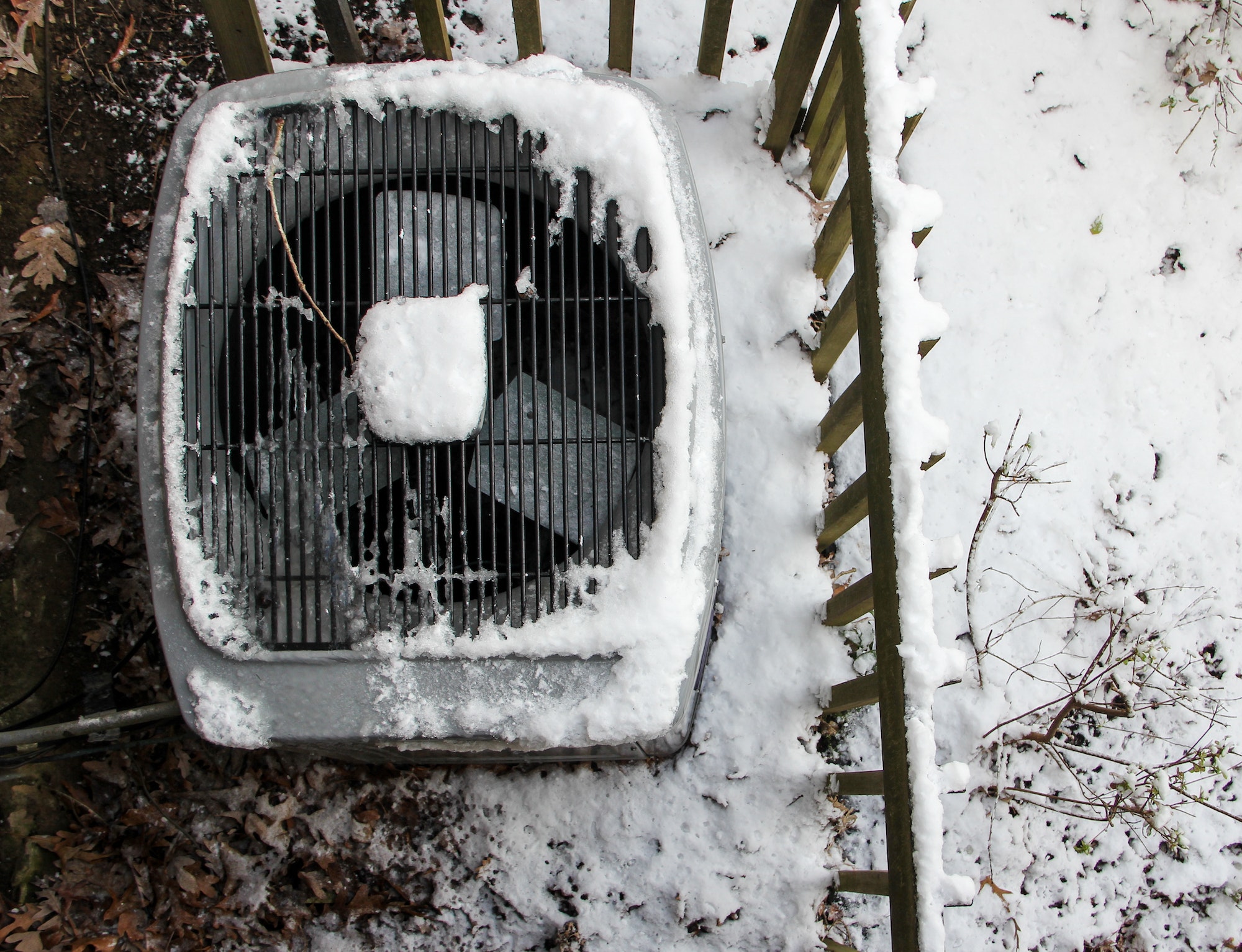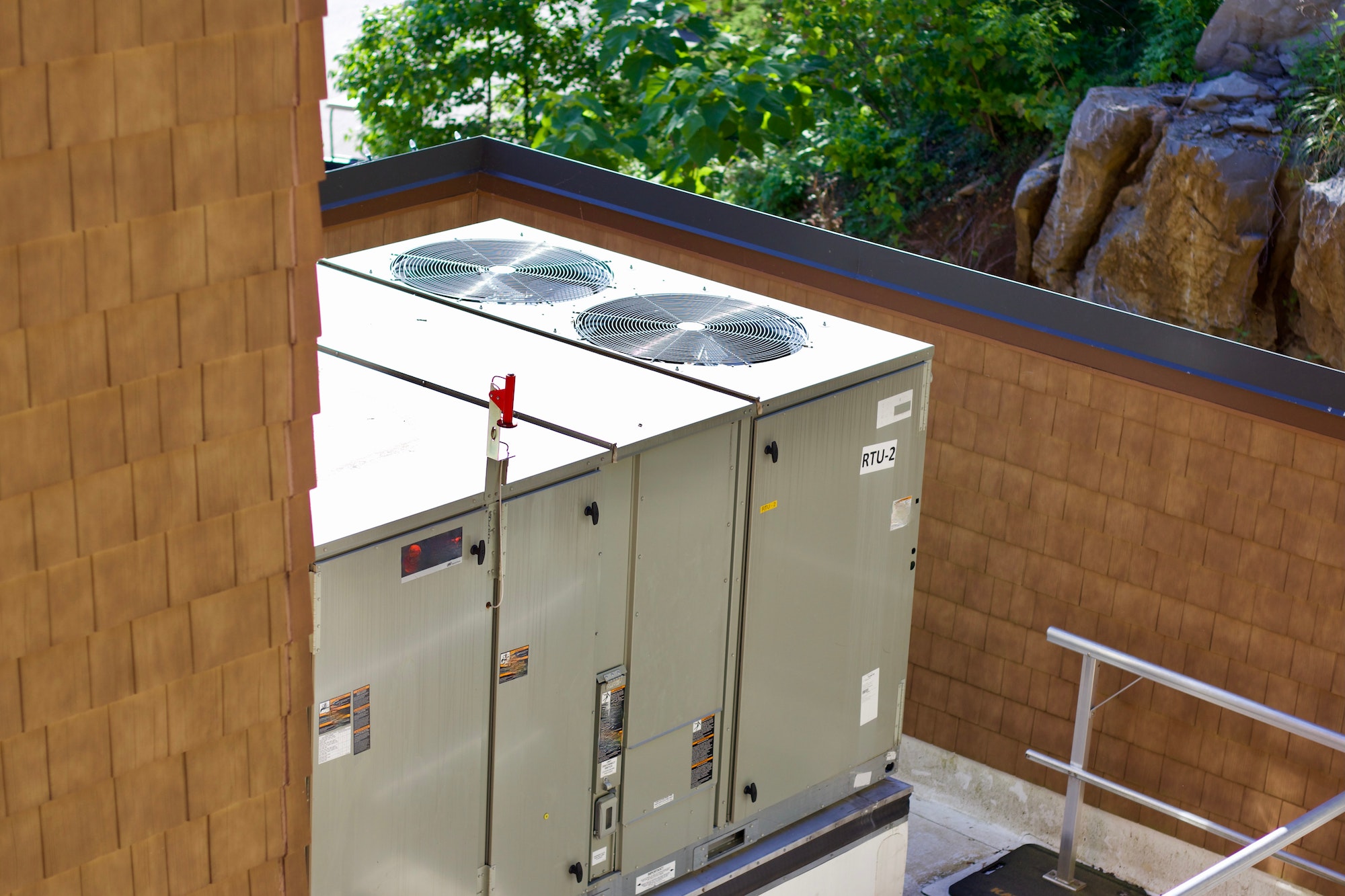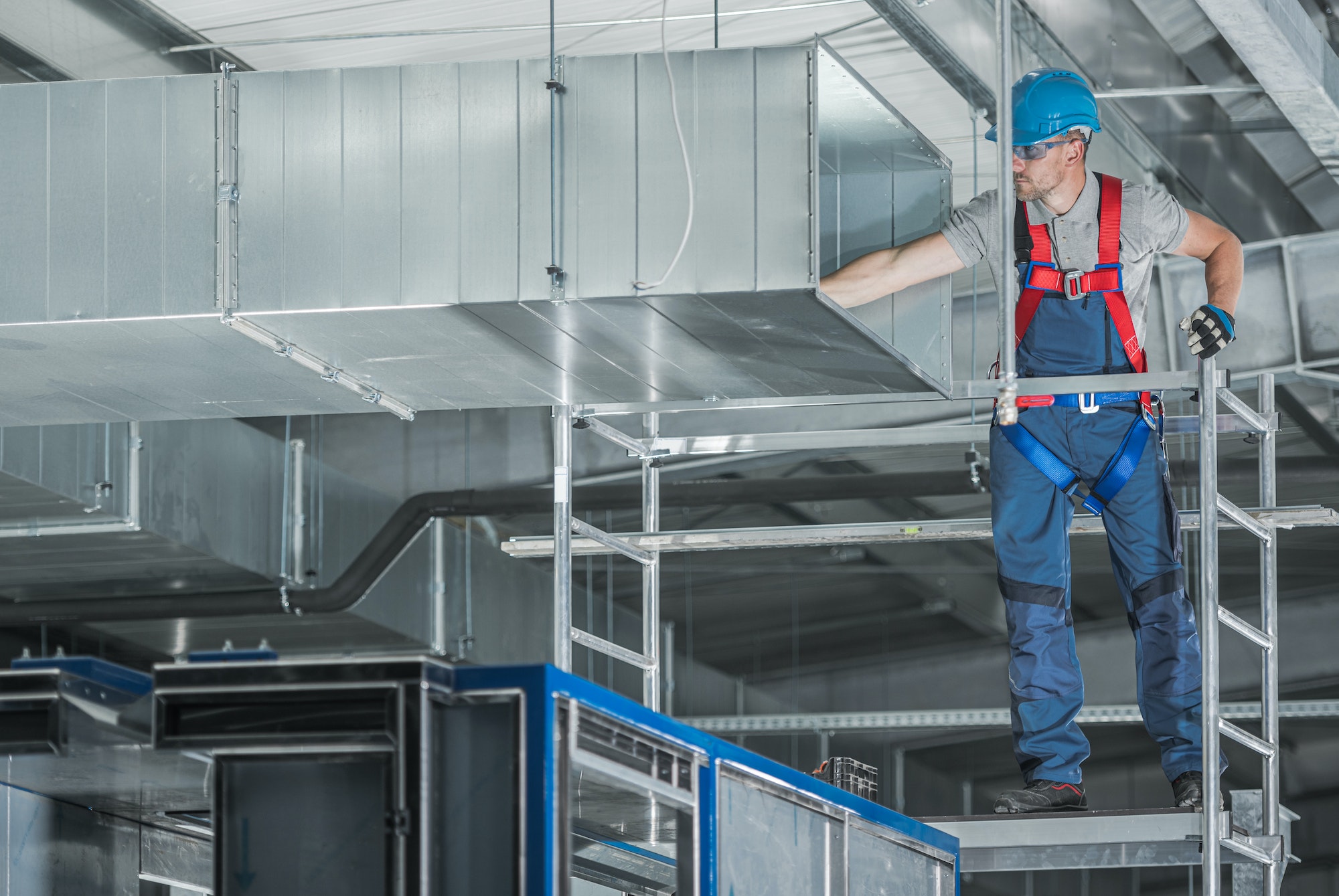Your Shield Against Unexpected Costs? Exploring the Importance and Benefits of HVAC System Warranty
An HVAC (Heating, Ventilation, & Air Conditioning) system is a significant investment that ensures comfort and indoor air quality in your home or business. As with any piece of necessary equipment, unanticipated failures and repair expenses can be stressful and expensive. This is where HVAC system warranties come into play, offering protection and peace of mind. This comprehensive guide will explore the importance and benefits of HVAC system warranty, helping you make an informed decision when purchasing and maintaining your HVAC system.
1. Understanding HVAC System Warranties:
An HVAC system warranty is a contract between the equipment manufacturer and the end-user that outlines the terms and conditions of coverage for repairing or replacing components within the system. These warranties typically cover a specific period and can vary in duration, coverage, and terms depending on the manufacturer and type of HVAC system.
2. Types of HVAC System Warranties:
- Manufacturer’s Warranty:
The HVAC equipment manufacturer provides this type of warranty and typically covers defects in materials and workmanship. It often includes limited coverage for various components, such as compressors, heat exchangers, and motors.
- Extended Warranty:
An extended warranty is an additional coverage option that can be purchased separately. It extends the manufacturer’s warranty duration, providing continued protection for a more extended period.
3. Importance of HVAC System Warranties:
- Financial Protection:
Repairing and replacing an HVAC system can be expensive. A comprehensive warranty can save you from unexpected expenses and help you manage your budget effectively.
- Peace of Mind:
Knowing that a warranty protects your HVAC system gives you peace of mind, allowing you to enjoy the comfort of your home or business without worrying about potential breakdowns.
- Long-Term Investment Protection:
An HVAC system is a significant investment. A warranty guarantees that your investment is safeguarded and that the system’s performance will be reliable for many years to come.
- Assurance of Quality:
HVAC manufacturers typically offer warranties on their products because they have confidence in the quality and durability of their equipment. A warranty provides assurance that you are purchasing a reliable and high-quality system.
4. What Does an HVAC System Warranty Cover?
Depending on the manufacturer and the kind of system, different parts may be covered under warranty for an HVAC system. Commonly covered components may include:
- Compressor:
The compressor is a critical part of the HVAC system, responsible for circulating refrigerant and facilitating heat exchange. Compressor failures can be costly to repair or replace.
- Heat Exchanger:
In heating systems, the heat exchanger transfers heat to the air. A faulty heat exchanger can reduce heating efficiency and pose safety risks.
- Blower Motor:
The HVAC system’s blower motor is in charge of air circulation. Failures may result in decreased airflow and discomfort problems.
- Condenser Coil: The HVAC system’s outdoor unit contains a condenser coil that releases heat during cooling.
- Evaporator Coil:
The evaporator coil, which is housed in the interior unit, aids in heat absorption throughout the cooling process.
- Electrical Components:
Electrical components such as circuit boards and capacitors are critical to the HVAC system’s operation.
5. Exclusions and Limitations:
It’s essential to review the fine print of an HVAC system warranty to understand the exclusions and limitations. Common exclusions may include:
- Improper Installation:
The warranty coverage may be void if a qualified professional installs the HVAC system incorrectly.
- Neglect or Lack of Maintenance:
Failure to perform regular maintenance on the HVAC system may lead to warranty exclusions.
- Unauthorized Repairs:
The warranty may become void if unauthorized repairs or modifications are made to the HVAC system.
- Acts of Nature or Accidents:
Some warranties may exclude coverage for damages caused by natural disasters or accidents.
6. Registering Your HVAC System Warranty:
To activate the warranty coverage, it’s crucial to register your HVAC system with the manufacturer as per their specified process. This typically involves providing essential details, such as the purchase date, model number, and installation information. Registering your warranty ensures that you can access the benefits and coverage when needed.
7. Extended Warranties: Worth the Investment?
While manufacturer’s warranties typically provide coverage for a specific duration, extended warranties offer the option to extend protection beyond the standard period. The decision to purchase an extended warranty depends on factors such as the HVAC system’s complexity, your budget, and your willingness to invest in additional coverage for added peace of mind.
8. Maintaining Your HVAC System:
Regular maintenance is required to keep your HVAC system running smoothly, efficiently and to keep your warranty valid. Routine maintenance includes:
- Filter Replacement:
Regularly replacing air filters ensures proper airflow and prevents system strain.
- Cleaning Coils and Components:
Keeping coils and components clean improves system efficiency and reduces the risk of breakdowns.
- Checking Refrigerant Levels:
Ensuring proper refrigerant levels is crucial for the HVAC system’s cooling efficiency.
- Inspecting and Lubricating Moving Parts:
Regular inspection and lubrication of moving parts help prevent wear and tear.
9. Warranty Transferability:
Some HVAC system warranties are transferable to subsequent homeowners if the property is sold within the warranty period. This transferability can add value to the property and provide the new homeowners with continued warranty protection.
10. Warranty Claims and Service:
If you encounter any issues with your HVAC system covered under the warranty, promptly contact the manufacturer or an authorized service provider. Follow the specified procedures for warranty claims and ensure that qualified professionals carry out any repairs or replacements.
11. Common Warranty Terms and Coverage Periods:
HVAC system warranties often have specific terms and coverage periods that vary among manufacturers. Common warranty terms include:
- Parts Warranty: This covers the replacement or repair of specific components within the HVAC system, such as the compressor, heat exchanger, blower motor, and electrical components.
- Limited vs. Full Coverage: Some warranties offer limited coverage, which may include certain parts and exclude others. Full coverage warranties encompass a broader range of components.
- Labor Warranty: In addition to parts coverage, some warranties include labor costs for qualified technicians to repair or replace covered components.
- Standard Warranty: The manufacturer’s standard warranty normally lasts a set number of years, such as 5, 10, or 15 years.
- Extended Warranty: As mentioned earlier, an extended warranty can be purchased to extend the duration of coverage beyond the standard warranty period.
12. Choosing the Right HVAC System Warranty:
Selecting the right HVAC system warranty involves understanding your specific needs and preferences. Consider the following factors:
- Manufacturer Reputation: Research the reputation of the HVAC manufacturer and the customer reviews regarding their warranty service and support.
- Coverage Duration: Evaluate the length of coverage offered by the standard warranty and consider whether an extended warranty is necessary based on the system’s expected lifespan.
- Comprehensive Coverage: Review the list of covered components to ensure that critical parts are included in the warranty.
- Transferability: If you plan to sell your property in the future, a transferable warranty can add value to the home.
- Warranty Registration and Compliance: Ensure that you follow the manufacturer’s registration process and comply with maintenance requirements to keep the warranty valid.
13. HVAC System Maintenance and Its Impact on Warranty Coverage:
Regular HVAC system maintenance is essential for ensuring the warranty remains valid and for maximizing system efficiency and longevity. Failure to perform routine maintenance, such as filter replacement, coil cleaning, and system inspections, may void the warranty. Additionally, maintenance helps identify and address potential issues before they escalate into major problems, potentially preventing warranty claims.
14. Extended Warranties and Their Value:
There are many things to consider when buying an extended warranty, such as:
- System Complexity: More complex HVAC systems, such as those with advanced features or variable-speed technologies, may benefit from extended warranty coverage.
- Budget and Risk Tolerance: Consider your willingness to take on potential repair costs versus the peace of mind that extended warranty coverage offers.
- Manufacturer’s Reputation: An extended warranty might be less critical if the HVAC manufacturer is known for reliable products.
- Existing Coverage: Evaluate the duration and extent of coverage the standard warranty provides before considering an extension.
15. Common Misconceptions About HVAC System Warranties:
- Maintenance is Unnecessary with a Warranty: While warranties may cover the cost of repairs in some cases, failure to perform routine maintenance can increase the likelihood of failures and even render the guarantee null and void.
- All HVAC System Warranties are the Same: Different manufacturers offer varying warranty terms, so it’s essential to review the coverage details of each warranty.
- Warranties Cover Negligence or Misuse: HVAC system warranties typically exclude damages caused by improper installation, lack of maintenance, or unauthorized repairs.
- Extended Warranties are Overpriced: Extended warranties may have varying costs, and their value depends on individual circumstances, including system complexity and risk tolerance.
- HVAC System Warranty Covers Acts of Nature: Warranties usually exclude damages caused by acts of nature, accidents, or external factors beyond the manufacturer’s control.
FAQs:
1. Does regular maintenance extend the duration of my HVAC system warranty?
Regular maintenance is essential to keep the warranty valid and ensure efficient system performance. However, maintenance only sometimes extends the duration of the warranty provided by the manufacturer.
2. Can I transfer my HVAC system warranty to the new homeowner if I sell my property?
Some HVAC system warranties are transferable, meaning they can be passed on to subsequent homeowners if the property is sold within the warranty period. Check the terms and conditions of your warranty to see if it offers transferability.
3. Can I perform maintenance on my HVAC system myself, or do I need a professional?
While some maintenance tasks, such as filter replacement, can be done by homeowners, it’s recommended to have a qualified HVAC technician perform comprehensive maintenance. In order to keep the system running smoothly and under warranty, it is best to have an expert check it out.
4. Are there any benefits to purchasing an extended warranty for my HVAC system?
Extended warranties offer the advantage of prolonging warranty coverage beyond the standard period, providing continued protection and peace of mind. They can be particularly beneficial for complex HVAC systems and for those who prefer additional financial security.
5. What should I do if I encounter an issue covered by the warranty?
If you encounter a problem covered by the warranty, contact the manufacturer or an authorized service provider as specified in the warranty documentation. Follow the designated procedures for warranty claims and ensure that qualified professionals conduct repairs or replacements to maintain the warranty coverage.
Conclusion:
An HVAC system warranty serves as a vital shield against unexpected costs and ensures the longevity and performance of your investment. The financial protection, peace of mind, and assurance of quality that come with a comprehensive warranty make it an indispensable aspect of your HVAC system purchase. Understanding the coverage, limitations, and maintenance requirements is crucial to making the most of your HVAC system warranty and enjoying years of comfort and reliability. Remember to register your warranty, maintain your HVAC system, and promptly address any issues covered under the warranty for a seamless and worry-free experience. Visit our website ContractorHomeQuotes.com to learn more.








